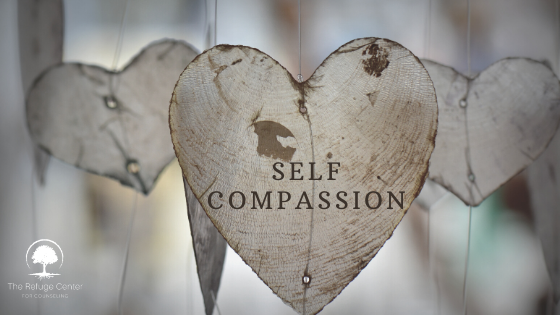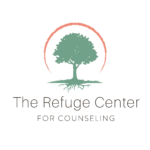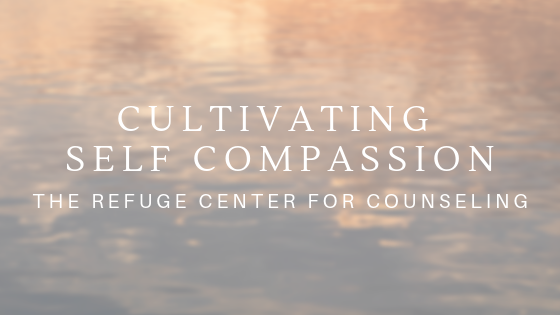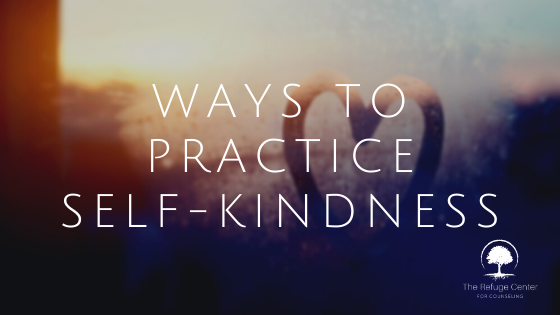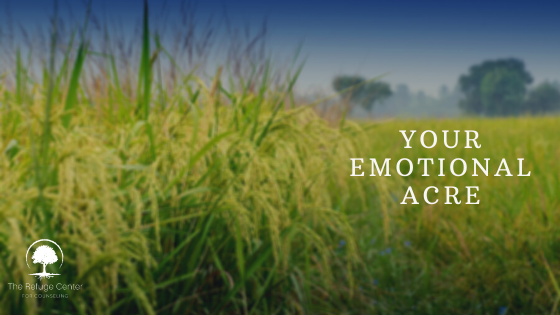Self-Compassion
There’s no denying that COVID-19 has impacted our society in ways which will have lasting implications. Our society is now super aware of personal space, hygiene, and environmental cleanliness. Our society is also aware of people’s fears and hesitations about the future. For some people, these feelings are overwhelming. Finances, health, and employment are some of the most concerning aspects of our lives in the midst of COVID-19 and remain so in the wake of the lifting of restrictions placed at the start of the pandemic.
In this period of uncertainty it is important to remember to exercise self-compassion. Most individuals are familiar with the concept of compassion but self-compassion might be foreign. Simply put, self-compassion are all the elements which comprise compassion (empathy, love, and concern for anyone experiencing difficulty) turned inward towards the self. Now, while describing and even understanding self-compassion may be fairly simple exercising self-compassion is not necessarily as simple.
Dr. Kristen Neff, a self-compassion researcher, has explained some of the myths which could contribute to the difficulty of practicing self-compassion. Some people believe self-compassion equates to self-indulgence, selfishness, or self-pity. Some people also believe exercising self-compassion is self-centered, self-serving, or even childish and irresponsible. Self-compassion is actually quite the opposite of selfishness, self-pity, irresponsible, and all the other myths listed earlier.
The growing body of research surrounding self-compassion supports the idea that, when done correctly, self-compassion is quite beneficial. Self-compassion facilitates self-acceptance even in the face of failure. This sets you up for moving past any failures you might experience more readily. Moreover, self-compassion does not depend on social comparison or personal success so it is less likely to waiver when these areas are threatened. In fact, because self-compassion does not include social comparison or depend on personal success it might cultivate a greater sense of belonging within ourselves and with others. It could also assuage many health concerns and foster resilience.
So how can one begin practicing self-compassion? It is important to know the three elements of self-compassion first. According to Dr. Neff, these three elements include;
- self-kindness (the act of refraining from harsh self-criticism)
- recognizing one’s own humanity (the act of remembering that all people are imperfect and experience pain) and
- mindfulness (the act of exercising a non-biased awareness of experiences, even the painful ones, rather than ignoring/exaggerating them).
More information about self-compassion, what it is and is not, how it could change your life, etc., can be found at self-compassion.org.
If you are interested in learning how to practice self-compassion in your life, counseling is an excellent resource. Give us a call at (615) 591-5262 and we would be delighted to talk you through options available to you for starting the counseling journey at The Refuge Center. If you are worried about finances, our sliding scale might be worth exploring.
Blog written by Refuge Center Masters Level Counseling Intern Meagan Thompson
Share this post
Share on facebook
Share on twitter
Share on linkedin
Share on pinterest
Share on print
Share on email
About Us
Who We Serve
Get Involved
-
Connections Lunch
-
Sponsorship Opportunities
-
Volunteer
-
Internship Opportunities
-
Post Master’s Fellowship Program
What’s Happening
Follow Us
Instagram
Facebook
Twitter
Youtube
Pinterest
The Refuge Center for Counseling is a 501c3 nonprofit organization (20-3831943). We are also a United Way of Williamson County Partner Organization.

